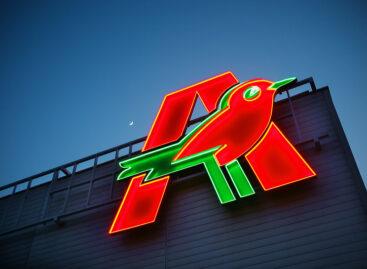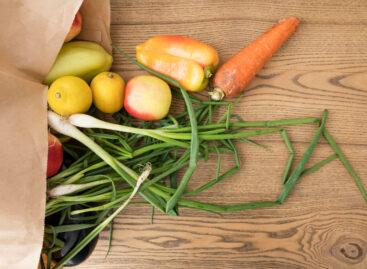interpack 2023: focus on the circular economy, resource management, digital technologies and product safety
The market for machinery and equipment for the production, processing, and packaging of food, beverages, and pharmaceutical and cosmetic products is showing increasing demand worldwide, despite the fundamentally difficult conditions.

The demand for machinery and equipment rose significantly in 2021 following a 7 percent decrease in annual turnover of 41 billion euros in 2020 attributable to the coronavirus pandemic. According to preliminary data, the world market volume reached 44 billion euros, which means an increase of 6 percent compared to the previous year, and thus corresponds to the pre-crisis level. Germany and Italy are the two dominant players on the world market. With an average export share of 84 percent and a world market share of 21 percent measured in 2021, German manufacturers of food processing and packaging machines represent the world’s leading edge. In 2021, German exports increased by nearly 5 percent to 9 billion euros. Italy is in second place with exports worth 8.9 billion euros, which means an 8 percent increase compared to the previous year. China, the Netherlands, the United States of America, Switzerland, France, Japan, Spain and Canada follow in the ranking with a world market share of between 10 and 2 percent. These outstanding manufacturing countries will present their innovative solutions alongside other nations at the interpack 2023 trade fair in Düsseldorf.
43 percent of the food processing and packaging machines sold on the world market were sold in Europe
Another important receiving market was Asia, which accounted for 19 percent of exports, along with North America, which also represented 19 percent. In the ranking, Latin America comes next with 7, then Africa with 6 percent, before the Middle East, which represents 4 percent of the recording market, and Australia and the Pacific region, with 2 percent weight.
Highlights of the interpack trade fair and exhibitors
The demand for pre-packaged foods is increasing due to the growing population worldwide, increasing urbanization and increasing prosperity. The world’s food industry faces several key challenges: intense competition and even a fight for markets and consumers. High energy costs and strong fluctuations in raw material prices affect production costs and reduce profit margins. In addition, there is a growing demand for sustainable production. Production of quality products, higher productivity, and at the same time cost reduction and sustainable production – the system of requirements is extremely complex. Success and future-proofing essentially depend on how well you succeed in overcoming all these challenges with creativity and efficiency. Technological development and digitization are fundamental to the solution. Technology service companies play a key role in this with reliable, safe, efficient solutions that also meet the requirements of the future.
Related news
Packaging changes color when food spoils – new invention could revolutionize the fight against food waste
Three young Spanish people, Pilar Granado, Pablo Sosa Domínguez and…
Read more >Bored mobile phones are valuable – 1,500 small electronic devices were brought back to Auchan for recycling
For the third time, the Auchan department store chain has…
Read more >“Bite-sized Stories: Tales Without a Leftover” – Nébih announces a story writing competition
The National Food Chain Safety Office (Nébih) has announced its…
Read more >Related news
Corporate leaders’ commitment to sustainability at record level
According to the latest data from the K&H Sustainability Index,…
Read more >FAO food price index rose slightly in June due to higher prices of meat, dairy products and vegetable oils
The Food and Agriculture Organization of the United Nations (FAO)…
Read more >What can cause the price of a wine to increase tenfold?
There are fewer of them worldwide than the number of…
Read more >






